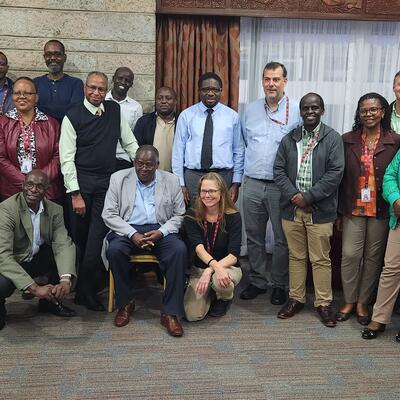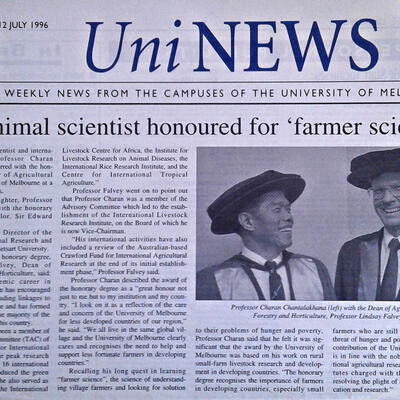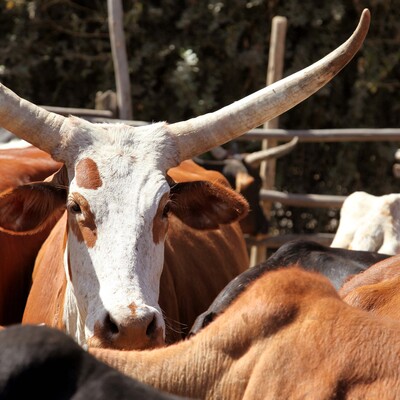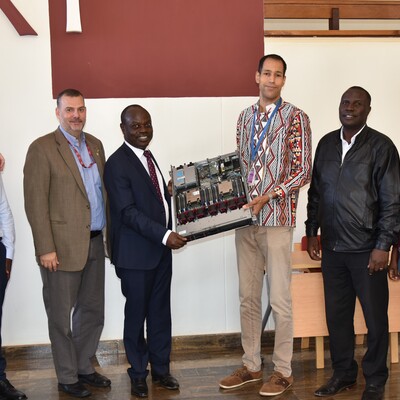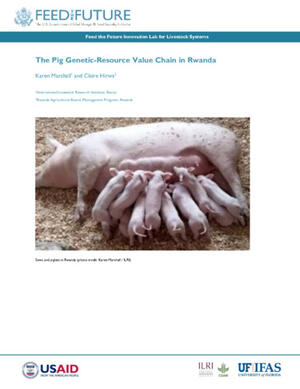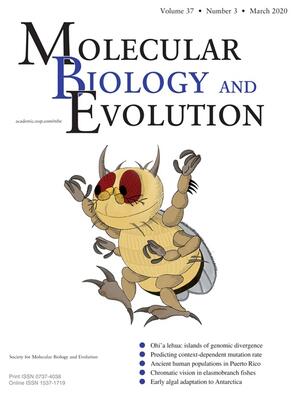

Successful improved smallholder poultry systems in Cambodia and Vietnam spur expansion
The mid-term review of the International Livestock Research Institute (ILRI)-led Asian Chicken Genetics Gains (AsCGG) project has shown it has successfully improved smallholder poultry systems in Cambodia and Vietnam. Now, the Australian Centre for International Agricultural Research (ACIAR) has granted funding to expand the project to Pacific countries.
Thanks to AsCGG’s success and scalability, ACIAR provided further funding of USD 5 million to expand the project to several countries in the Pacific. Scoping studies are already underway in Tonga, the Solomon Islands and Samoa.
Launched in 2021 and currently implemented in Cambodia, Myanmar and Vietnam, AsCGG increases farmers' access to locally acceptable, adapted and highly productive chickens, and makes available new, proven technologies to expand chicken production. These technologies improve the performance of the locally adapted and farmer's preferred chickens through selective breeding. The technologies are packaged to encompass breed, appropriate feed, health and biosecurity actions.
In February 2024, AsCGG conducted a mid-term review meeting in Cambodia and Vietnam along with local organizations such as the National Animal Health and Production Research Institute (NAHPRI) and the National Institute of Animal Sciences (NIAS), along with farmers and representatives from livestock development organizations. This review was carried out by Anna Okello (ACIAR), Siaka Diarra (AsCGG), and others to evaluate the project’s value in enhancing livelihood outcomes in southeast Asia.
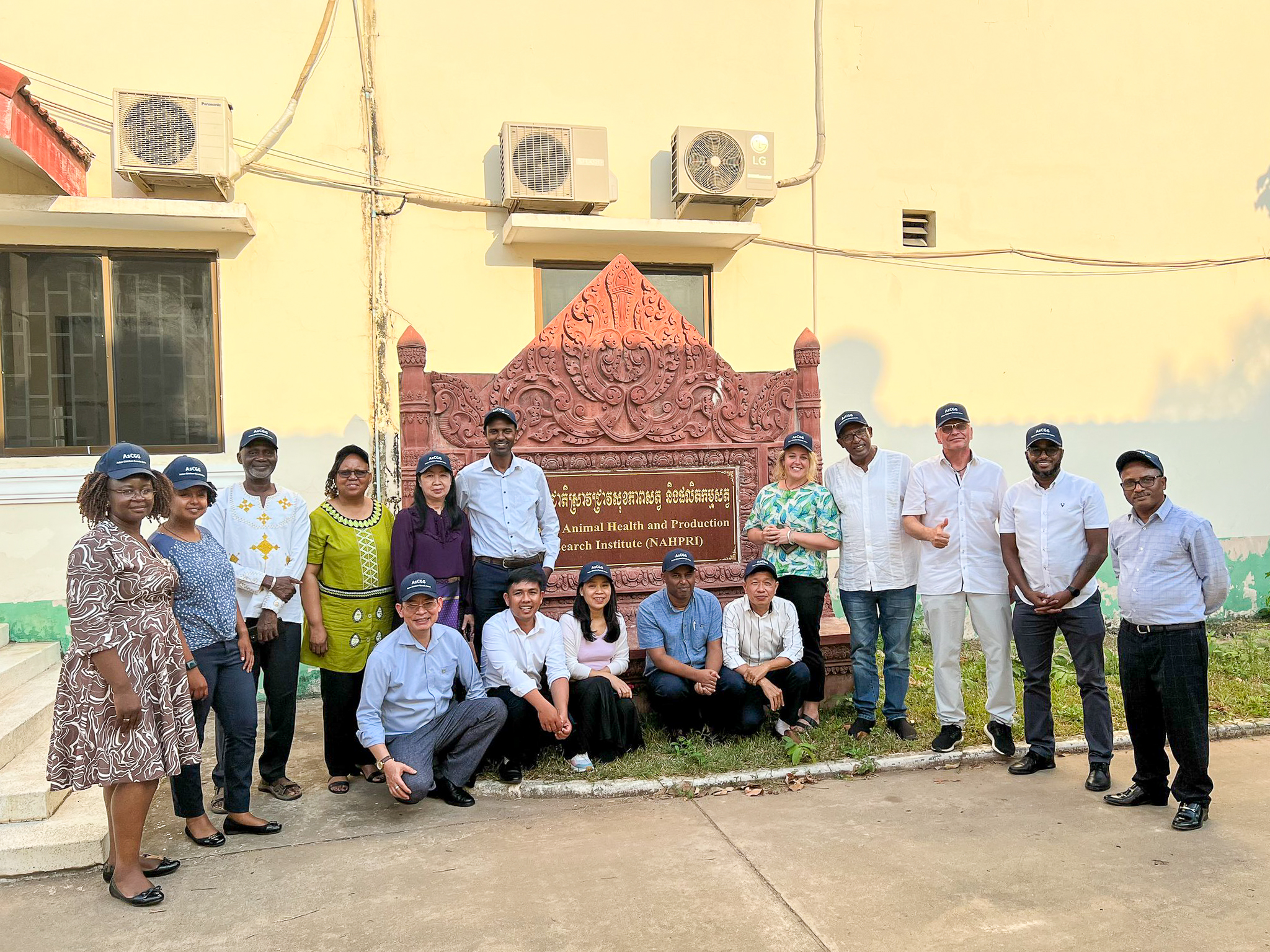
The review consisted of a mix of presentations, field visits to farmers in both Cambodia and Vietnam, and formal and informal discussions with the project team and partners.
According to the ILRI’s Deputy Director General, Siboniso Moyo, ‘This midpoint review was an important moment for reflection, identifying areas for improvement, and strategizing for the remainder of the project period.’
Cambodia
In Cambodia, activities began with meetings between ILRI, NAHPRI and other stakeholders in Phnom Penh. The review team then travelled to farms in Cambodia’s Takeo Province to witness the tangible impacts produced by three established nuclear breeding flocks of native Skouy chickens.
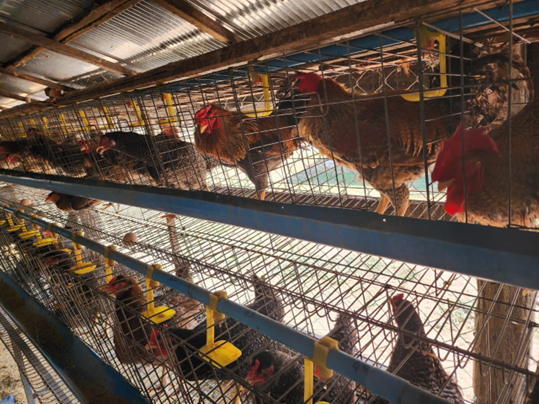
A chicken breeding site in Cambodia (photo: Terry Amaya/ILRI).
The review team recommended considering the growing demand for poultry feed and strategies to build further capacity for farmers in nutrition, such as:
'Encouraging Cambodian farmers to diversify their commercial feed sources by incorporating locally available ingredients such as agricultural by-products and forages. These could include waste from the starch industry (leftover materials from processing raw materials like wheat and rice) and the use of pulp and peels, which reduce the quantity of conventional energy sources, or potentially through the fledgling insect feed industry in Cambodia.’
Vietnam
In Vietnam, the review team met with stakeholders including NIAS director general Pham Cong Thieu, and NIAS deputy director general Ngo Thi Kim Cuc. The team found that work is already underway to improve chicken production through the importation and subsequent field and station testing of four exotic chicken species: the Sazsoli Red, Novogen, Tetra H and Tetra tint.
Following meetings in Hanoi, the team and stakeholders visited farmers and other partners in Hoa Binh Province to discuss challenges and opportunities in the poultry sector. The review team’s recommendations for the country focused on breeding, specifically on crossbreeding, which is an important part of enhancing chicken productivity in Vietnam.
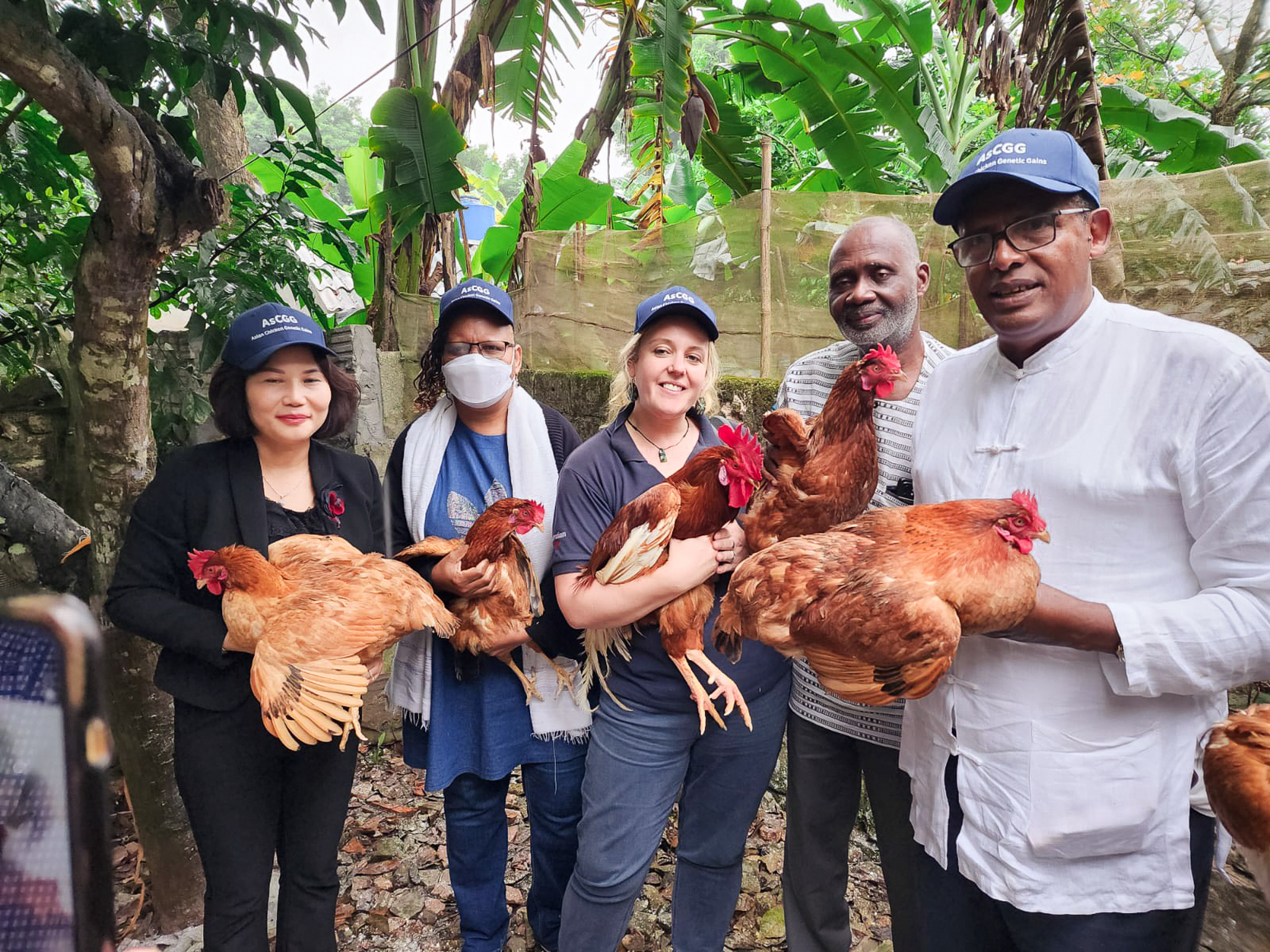
‘There is a need to maintain genetic diversity of indigenous chicken populations to preserve unique traits, and poultry adaptability to changing environmental conditions,’ said the reviewers.
Looking forward
The review found that despite activities in the first two years being limited by the COVID-19 pandemic, all activities scheduled for the first year were completed to a high standard, and those for years 2-4 had made good progress. Engagement with farmers was deemed excellent. The review also found that public and private stakeholders in Cambodia and Vietnam highly valued the project.
Moyo stated that ‘insights and lessons learned from both Cambodia and Vietnam will contribute to ILRI’s global poultry development efforts under the Tropical Poultry Genetics Solutions (TPGS) project.’
By the end of AsCGG, Cambodia and Vietnam will have made significant contributions to the knowledge and production of sustainable native chicken breeds.
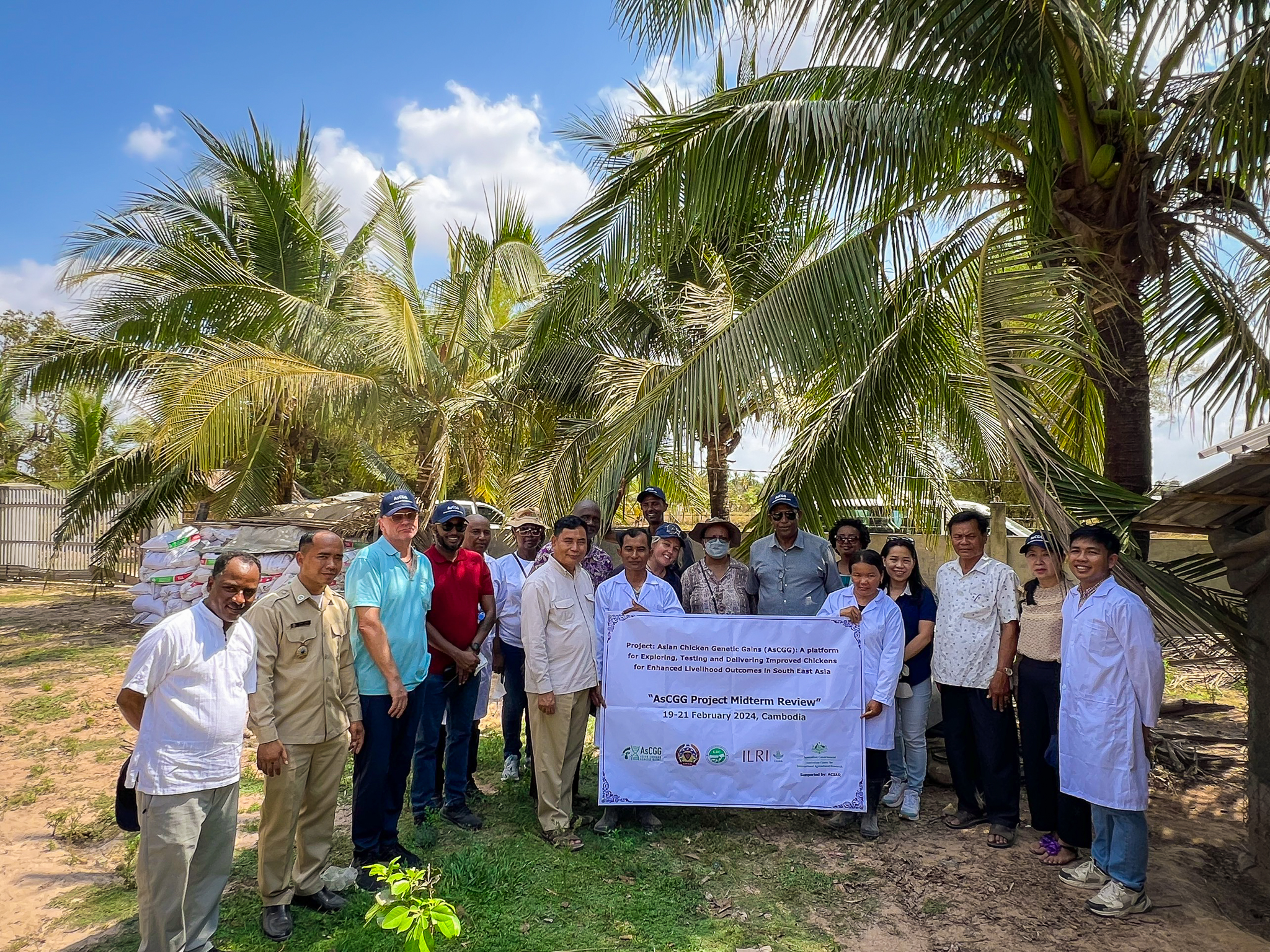
For more information on ILRI’s Livestock Genetics visit:
https://www.ilri.org/research/programs/livestock-genetics
For more information on Tropical Poultry Genetics Solutions (TPGS) visit:
https://www.ilri.org/research/projects/tpgs
To read more about ACIAR please visit:
You may also like
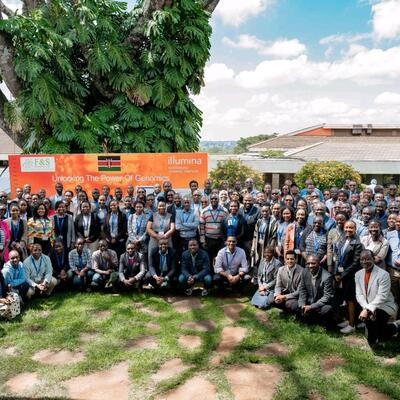
ILRI News
Unlocking the power of the genome: A leap towards enhanced food nutrition security and species conservation
ILRI News
Unlocking livestock development potential: Stakeholder meeting fuels progress for Vietnam's ethnic minorities
Related Publications
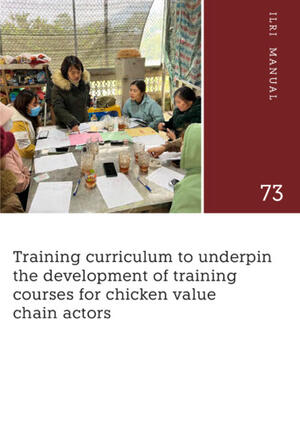
Training curriculum to underpin the development of training courses for chicken value chain actors
- Yami, A.
- Esatu, Wondmeneh
- Rege, Ed
- Hoa Hoang
- Ngo Thi Kim Cuc
- Sothyra Tum
- Chhay Ty
- Dessie, Tadelle
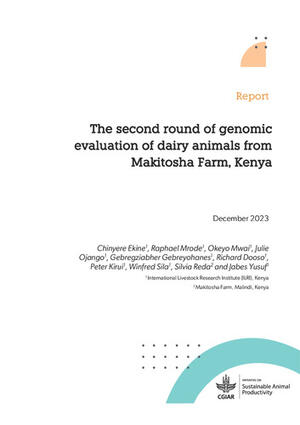
The second round of genomic evaluation of dairy animals from Makitosha Farm, Kenya
- Ekine-Dzivenu, Chinyere C.
- Mrode, Raphael A.
- Okeyo Mwai, Ally
- Ojango, Julie M.K.
- Gebreyohanes, Gebregziabher
- Dooso, Richard
- Kirui, Peter
- Sila, Winfred
- Reda, S.
- Yusuf, Jabes
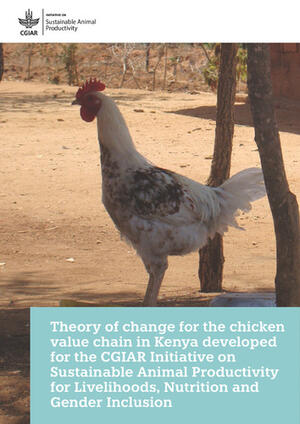
Theory of change for the chicken value chain in Kenya developed for the CGIAR Initiative on Sustainable Animal Productivity for Livelihoods, Nutrition and Gender Inclusion
- Yitayih, Mulugeta
- Poole, Elizabeth J.
- Ouko, Edward
- Esatu, Wondmeneh
- Getachew, Fasil
- Geremew, Kumlachew
- Girma, Mekonnen
- Yemane, Tsion
- Ochieng, Laurence
- Marshall, Karen
- Dessie, Tadelle





